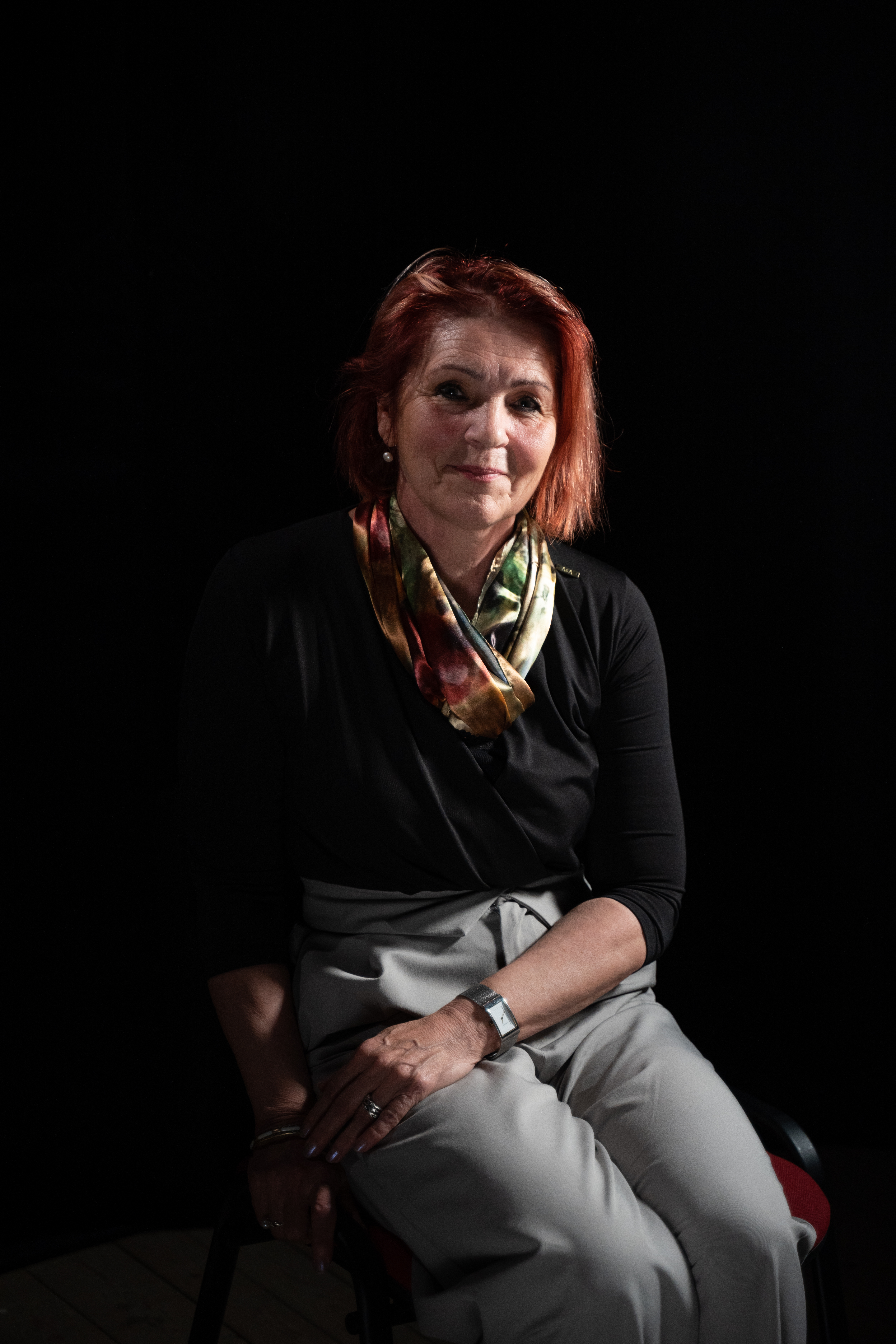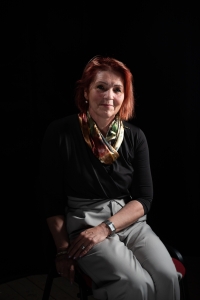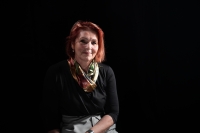Vždy sme sa učili o zahnívajúcom kapitalizme západu, vo Švajčiarsku sa mi otvorili oči

Download image
Gabriela Borošová was born on March 3, 1962 in Košice to parents Mária and Jozef Sabolovec. After the outbreak of the Carpathian-Duklian operation, Mária had to leave home with her parents and siblings. Their house was razed to the ground by a bomb, so Mária and brother Štefan were placed in foster families for a year. Mária was not accepted for her first job because her parents refused to join the cooperative. She traveled to Ostrava for work, where she met her future husband Jozef. They got married in 1957. After three years, they returned to Slovakia and their son Jozef was born. In 1962, they moved to Košice, where Gabriela was born. After the invasion of the occupation troops, the father was called up as a soldier in the reserve. Between 1968 and 1977, Gabriela graduated from elementary school. Despite her excellent results, she was not admitted to the gymnasium because of her religion, but only to the Secondary Industrial School of Chemistry in Humenné. As a high school student, she perceived political propaganda. In 1981, she began studying industrial furnaces at the Technical University in Košice. There she met her future husband Štefan. In 1984, she got married and gave birth to a son, Kamil. In 1985, she finished university and she and her husband got a job at the Slovak magnesite plant in Jelšava. Over time, they got an apartment in Revúca and in 1988 their daughter Andrea was born. In the summer of 1989, they could travel to Lucerne, Switzerland, to visit their family, but without their children. Štefan was involved during the revolution. Gabriela was on maternity leave at the time. After returning to work, she worked in a technological position, after completing her studies, she worked as the head of the financial department. In 2010, she was dismissed. She took a nursing course, traveled to Austria for work. After her return, she put the nursing service facility into operation after reconstruction. In 2023, she worked there for the twelfth year.

